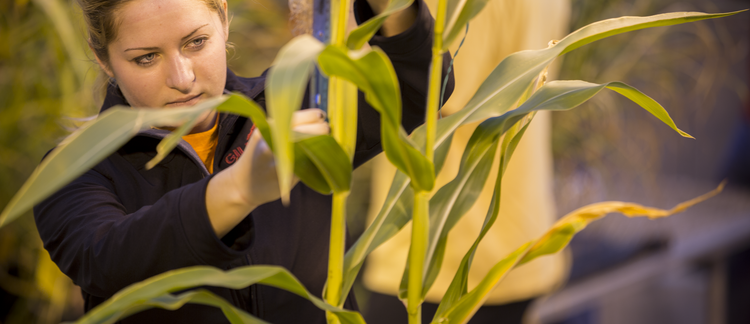Abstract
In 1979, a portion of the research farm was tiled in a pattern to provide a good soil environment for large-tillage trial plots. This was used as an opportunity to compare tile installation methods, one using a conventional trenching machine and another using a trenchless “tile plow” machine. The tile plow inserted plastic tile using a mole approach, which opened the soil and inserted the tile without leaving an open trench that would later require backfilling. The heaving of the soil by the tile plow did require some soil manipulation to allow cropping. Past research on this study has shown that plowing and trenching methods were not significantly different and that water table measurements were influenced more by timing of water needs of the crop being grown and intensity of the rainfall events.
How to Cite:
Cook, J. D. & Pecinovsky, K. T., (2006) “Water Table Level as Influenced by Rainfall, Crop Requirements, and Tiling Method”, Iowa State University Research and Demonstration Farms Progress Reports 2005(1).
Downloads:
Download pdf
View PDF
223 Views
100 Downloads

